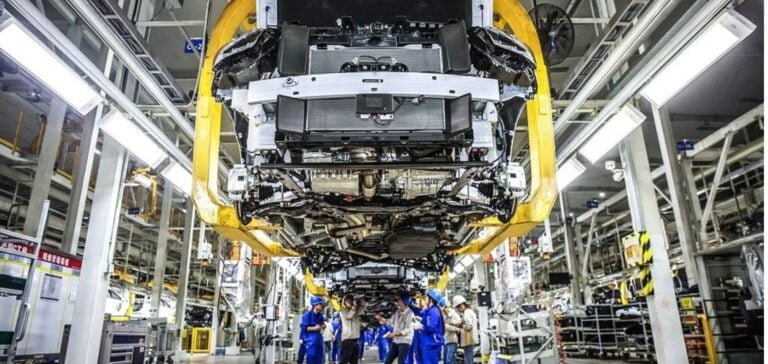The advent of a fuel cell system designed by Intelligent Energy in Loughborough, England, marks a significant milestone in the automotive sector. This system, christened IE-DRIVE™, stands out for its ability to deliver 157kW of power. As a result, it outperforms all passenger car alternatives currently on the market. Not only more powerful, the system also benefits from a 30% smaller heat exchanger, optimizing vehicle integration.
Intelligent Energy’s fuel cell system offers a turnkey solution that emulates the shape of a traditional engine. This innovation could well transform automakers’ approach to integrating clean technologies. It offers a viable, competitive alternative to battery-powered electric vehicles. These are limited by natural resources, grid capacity and recharging times.
Technical comparison and advantages of IE-DRIVE™
One of the major advantages of IE-DRIVE™ technology lies in its direct water injection system. It eliminates the need for a humidifier and considerably reduces the number of components and the cost of materials. In perspective, production costs are estimated at around US$125 per kW by 2030. A price comparable to that of internal combustion engines, but with the added advantage of a reduced carbon footprint.
Intelligent Energy predicts that 25% of passenger cars will be equipped with this clean technology within a few years. It illustrates not only the company’s commitment to sustainable innovation, but also the growing confidence of the automotive sector in fuel cell solutions.
Partnerships and market prospects
With this development, Intelligent Energy is looking to work with suitable automakers to deploy its technology. CEO David Woolhouse points out that this innovation significantly opens up the market for car manufacturers wishing to integrate more powerful systems into their vehicles. This partnership with major players could accelerate the adoption of fuel cells, contributing to sustainable mobility on a global scale. Intelligent Energy’s new IE-DRIVE™ platform could catalyze significant change in the automotive industry. By effectively integrating power, innovation and sustainability, this technology sets the course for a zero-emission automotive future.






















